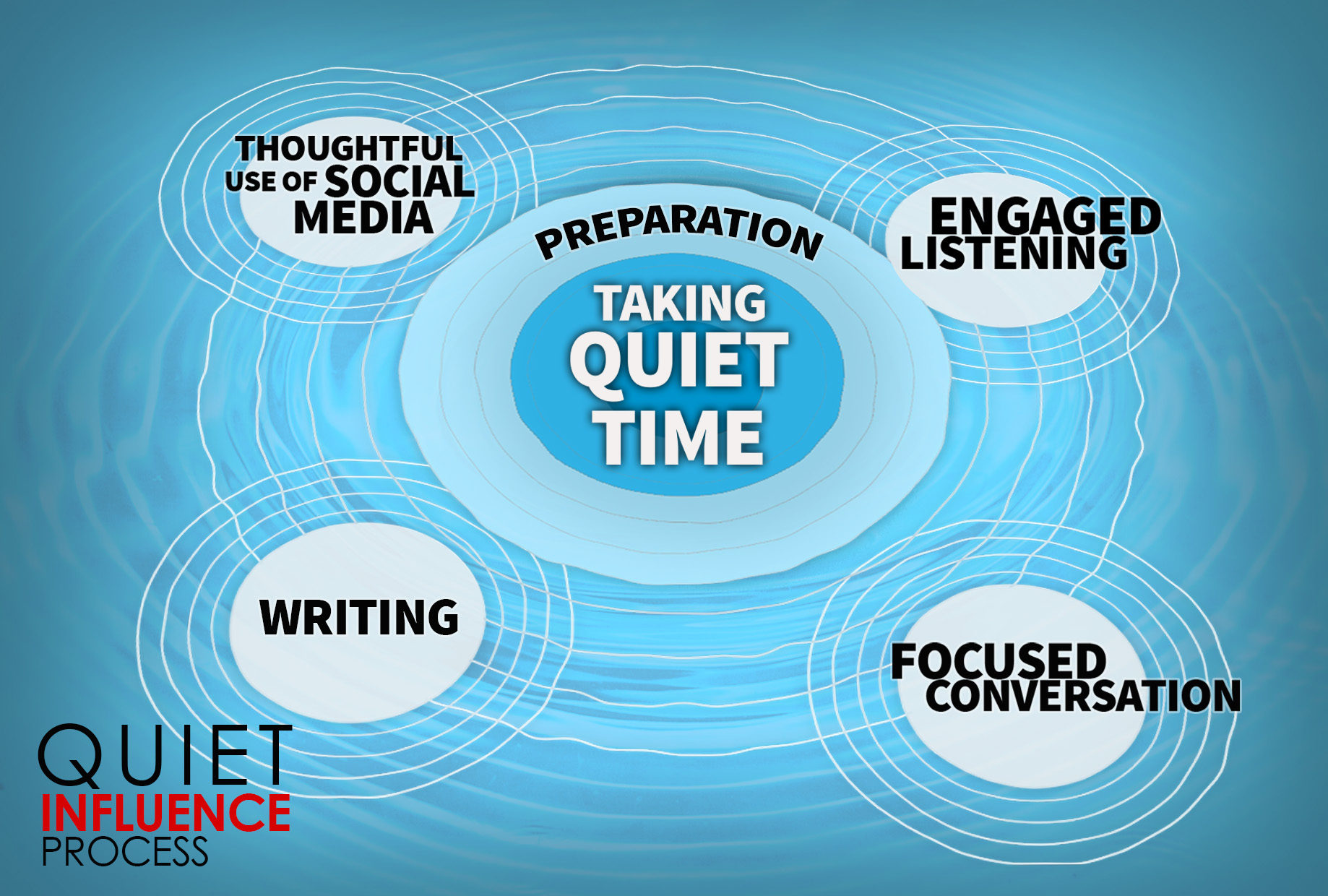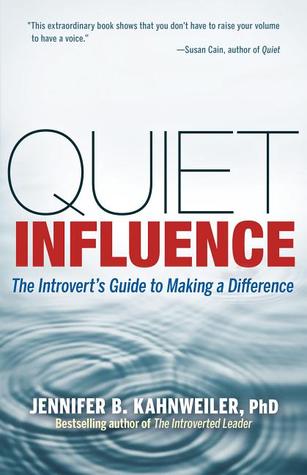
Is it possible for an introvert to be a social influencer? Most definitely!
Contrary to popular belief, you don’t have to be a gregarious extrovert to be a social influencer. With the rise of digital and social media, the rules of influence have shifted in favour of introverts
This is good news for the naturally introverted and reserved. Like the brilliant Harry Potter actress Emma Watson above.
In an interview in 2014, Emma said that her introverted and shy nature compelled her to remain quiet at the parties.
“I feel like I’ve been given a lot of credit where it isn’t due that I don’t like to party. The truth is that I’m genuinely a shy, socially awkward, introverted person. At a big party, I’m like Bambi in the headlights,” Watson said.
“It’s too much stimulation for me, which is why I end up going to the bathroom! I need time outs! I get anxious. I’m terrible at small talk and I have a ridiculously short attention span,” she added.
Thanks to the book Quiet Influence by Jennifer Kahnweiler, I picked up a couple of tips on how introverts can become influencers.
Let me start by sharing what defines an introvert.
Characteristics of Introverts
According to Kahnweiler, introverts are shaped by the following behaviours – see if you can identify with any of them:
- Embrace solitude: Yes, we need space and time alone. At work, I usually prefer quiet private spaces to noisy open offices.
- Think first, talk later: Often, introverts have to ponder and reflect before responding. We are masters in the power of the pause.
- Hold emotions inside: Unlike expressive extroverts, introverts may be difficult to read with our perpetual poker faces.
- Depth over breadth: Introverts prefer to dig deep into issues and ideas. We abhor superficial chats, and know when there is a need to tune into others.
- Writers not talkers: Unlike extroverts, introverts are keyboard warriors. We prefer to type emails, whatsapp messages or write reports over giving presentations and talking. This can be both good and bad of course.
- Low-key: Introverts are usually more quiet and reserved, preferring to speak softly and slowly. We have no desire to hog the limelight. Even in heated arguments, introverts normally project a calm demeanour.
- Value privacy: Most introverts are not “open-books”, perhaps with the exception of introverted bloggers (like me). Even then we prefer to keep personal matters under wraps, and choose to only share with a privileged few.
Now that we have learned what makes introverts tick, let us look at their strengths in quiet influence.
How introverts can be influencers
From the book, we learned that there are six key strengths which introverts can use to create an impact.
Collectively, these traits help quiet influencers to stand out in all areas – from technology, engineering, science and finance, to traditionally “extroverted” professions like teaching, marketing, medicine, law, and human resources.
Courtesy of Jennifer Kahnweiler
What are these six strategies?
#1 Take Quiet Time
“All men’s miseries derive from not being able to sit in a quiet room alone.” – Blaise Pascal
Do you need to escape from the non-stop avalanche of emails, texts, calls and messages? I sure do!
Studies have shown that time alone can help to unleash creativity, boost energy, increase empathy and self-awareness, and sharpen focus.
Here are some ways to create that hassle-free space:
- Schedule quiet times in your calendar: Get up early, eat lunch alone, put in breaks, and choose an optimal isolated work environment.
- Manage Technology: Turn off your digital devices, reduce external simuli (noise, lights, smells), and zone out.
- Dive into Yourself: Walk and move around, keep a diary or journal (like a blog), do deep breathing exercises, and nap.
Remember though that at some point of time, you need to reconnect again with the world! Otherwise, you could be lost in your own “la la land”.
#2 Prepare Well
Preparation allows you to deepen your expertise, prove the value of your proposal, and work with others in a meaningful way.
It also improves your self-confidence and strengthens your ability to influence.
Four steps are outlined in the book:
- Gather information and insight: Pull together what you know and organise it well; conduct due diligence exercises; and deep dive into specific areas.
- Strategise: Ask yourself probing and clarifying questions; craft a strategic plan; consider various scenarios; and project manage with processes and personnel in place.
- Manage yourself: Remember to pause now and then; pep yourself up with positive self-talk; and ask for help if necessary.
- Practice: Make sure that you know your material well by learning your lines; find your voice by varying your vocal sounds; and create two versions of every pitch to test their effectiveness.
Beware of over preparation and suffering from analysis paralysis though. At some point of time, you need to move into action.
#3 Engaged Listening
Deep and engaged listening strengthens your understanding of situations. It also helps you to deepen empathy, gain credibility and build engagement.
To listen in an engaged fashion so that you can improve your influence, consider the following steps:
- Create the right conditions: Slow down and meet face to face with the persons if possible. Should this be unfeasible, use technology to seek additional perspectives from the social web.
- Serve as a sounding board: Just being there makes a lot of difference. In active listening, you should also paraphrase what is being expressed, and add value by offering related ideas.
- Ask questions: Prepare questions in advance of your meeting. Use more open-ended probing questions and open new lines of inquiry.
- Go beyond words: Interpret the non-verbal cues like body language and facial expressions. Be mindful of your own nonverbal signals, and tune in to the inflection of a person’s voices to discern emotions.
- Eliminate distractions: Avoid being distracted by eliminating multitasking. You can also “bracket” distracting thoughts (visualise them as being “bracketed” and removed from your mind), mentally “interview” yourself, and move your body to keep the blood flowing.
As with the earlier points, be careful not to be too carried away listening that you lose control of the conversation.
#4 Focused Conversations
Quiet influencers can use focused conversations to support and encourage others, spark learning opportunities, solve problems or work through conflicts.
To trigger such conversations of consequence, consider the following actions:
- Set up spaces and times to talk: Like engaged listening, this is best done face to face in a specific clutter-free space. Allow for serendipity. Consider going for a walk if suitable spaces are not available.
- Strengthen your case: Do not to rush in to prove your point but listen and observe first. Use repetition to get your point across and float your arguments – the ones you prepared earlier.
- Be authentic and flexible: To engage others deeply, use storytelling to make your point alive. Tune in to the “vibes” like their body language when they talk, and offer information about yourself to lower their defences.
Once again, an overuse of focused conversations can be negative. Too many deep conversations may compel you to reveal embarrassing private or personal information, foster group think, or confound problems further should new issues emerge.
#5 Writing
Introverts are often great writers. The power of our pens are exhibited in their abilities to help us clarify our own stance, advocate our positions, connect with others and motivate others to action.
To write such that you can influence others, consider the following:
- Know and adapt to the audience – Practice WIIFM (What’s In It For Me?), be mindful of your tone, and share your documents in advance to allow others sufficient space and time to respond.
- Sharpen your writing craft – Focus on depth over breadth, pay attention to details like grammar, spelling and punctuation, and use creative elements like metaphors to enliven your writing.
- Make a persuasive case – Use a step-by-step logical sequence when you write, back up your assertions with facts and figures, and be succinct.
Like the above techniques, overuse of writing can result in negative outcomes. They include imprisoned ideas when you are too isolated in your writing, inefficient communications, and a loss of personal connection.
Beyond that, it is often better to handle sensitive issues face to face, rather than keyboard to keyboard.
#6 Thoughtful Use of Social Media
Last but certainly not least, introverts can be social media influencers!
Through social media, introverts can help move people to action, deepen and grow relationships, be visible, teach and learn.
Once again, there are several ways to use social media for influence:
- Consider your goals – Know what your purpose is and decide to start from somewhere. Choose a suitable social media platform and start producing.
- Engage – Use at least 10 minutes or more a day to engage with others, build relationships that can be taken “offline”, and find a coach or tutor to help you in social media matters (like yours truly).
- Focus on content – Yes, content is king in this space. Beyond writing your ideas and thoughts, remember to listen and learn from others.
Once again, social media can be a good servant but a bad master. Beware of information overload, take note of audiences that could be unwittingly ignored, and keep away from being addicted to your devices.
Inspiring Introverts to Influence
As an introvert myself with extrovert tendencies, I find that I can easily connect with the author’s ideas and thoughts. Much of what she wrote resonated with the way I think, feel and act.
The advantage of quiet influence over noisy influence? Almost anybody can do it so long as he or she is willing to put in the hard work.
Being naturally deeper thinkers whose pens are sharper than their tongues, the introspective natures of introverts puts them at an advantage when building their social influence in a digital world. Following the principles above may just help us to create that impact.
What are your thoughts on quiet influence? Are you an introverted social influencer yourself?
PS – check out Jennifer’s blog for more useful tips on quiet influence.



One Comment